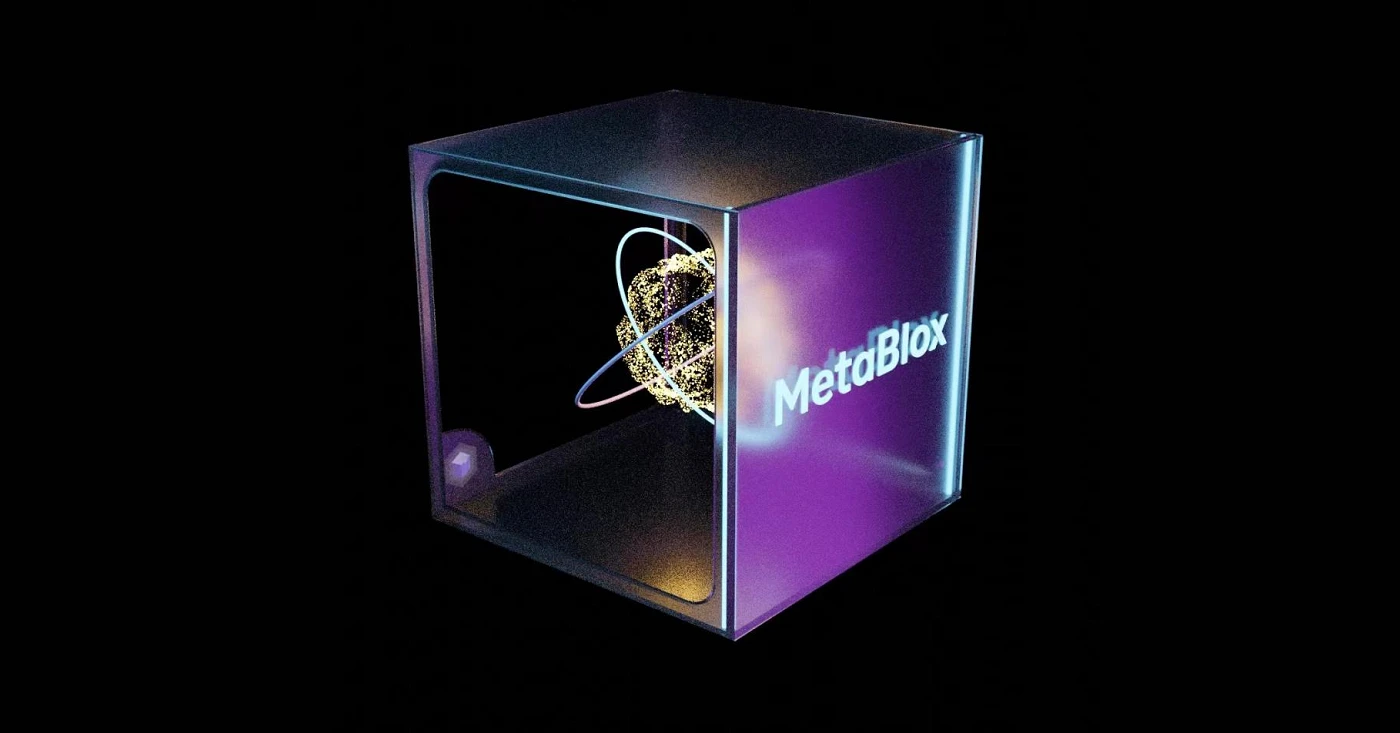MetaBlox has joined the world’s largest open roaming network alliances, Wireless Broadband Alliance (WBA), to better distribute WiFi hardware and services to every corner of the world.
As planned with WBA, by the end of 2023 there should be 2.5 million MetaBlox open roaming nodes, and which serve over 25 million users.
Seamless Wi-Fi roaming
First and foremost, MetaBlox network users receive free Wi-Fi roaming services. By using the MetaBlox app, users generate a certificate that allows them to roam freely between MetaBlox Wi-Fi networks as well as other networks built by traditional Web2 Wi-Fi operators.
Wi-Fi access points can include coffee shops, restaurants, event venues, cities, and even individual business or personal access points. The decentralized authentication process based on Decentralized ID (DID) and Verifiable Credentials (VC) technologies is the secret sauce.
Web3 user centric infrastructure
MetaBlox is a global decentralized wireless access network. It not only provides users with the basic data roaming service, but also securely connects their information, data, assets, and applications across different blockchains.
It aims to build a decentralized, private, main-chain agnostic, user-centric Web 3 infrastructure.
The idea that users could determine what and how their personal information is shared seemed like science fiction only a few years ago with the conventional Web 2 infrastructure. Web2 is centralized in nature, as its platforms collect and own customers’ information and data, and focus on profit over trust.
This unleashes consequences for users such as: data breaches, phishing E-mail, and targeted advertising. However, capitalizing on benefits from DID and VC technologies, MetaBlox makes the fiction of a user centric infrastructure become reality, and gives the authority of managing personal information and privacy back to users, which also begs the question: What is DID and VC?
DID and VC
In the traditional world of Web2, all user information is controlled by the platform or companies, and users never own their accounts in the true sense.
DID and VC technologies are a perfect match for implementing the user-centric idea of Web3: letting users regain ownership of their personal information and data; data which originally belonged to themselves.
DID (Decentralized Identifier) is a new type of identifier that enables a verifiable, decentralized digital identity. A DID could refer to any subject (e.g., data model, thing, organization), chosen by its controller.
In the case of MetaBlox, users could choose any subject as their DID, managing them in the App. And with the help of VC, users could also decide what personal information is shared and how, depending on different circumstances.
The combination of DID and VC strongly secures the privacy of users. Meanwhile, MetaaBlox is a committed participant in and defender of W3C DID core, which has been known as W3C recommendation released on July 19th. 2022.
More than that, MetaBlox is also the first public chain implementation of the Linux Foundation Trust Over IP stack.
Without a doubt, the internet has reshaped how we live our lives. From having the world’s information at our fingertips to social networking and shopping online, just about everything we do has been affected by the internet. But this increased convenience has also come at a cost.
Our private information is now susceptible to being compromised by criminals and bad actors around the world. Large multinational corporations control and exploit the flow of information for their own gain.
We live with this steep trade-off between privacy and convenience because of the benefits. That is where Web3 and MetaBlox come into the picture.



